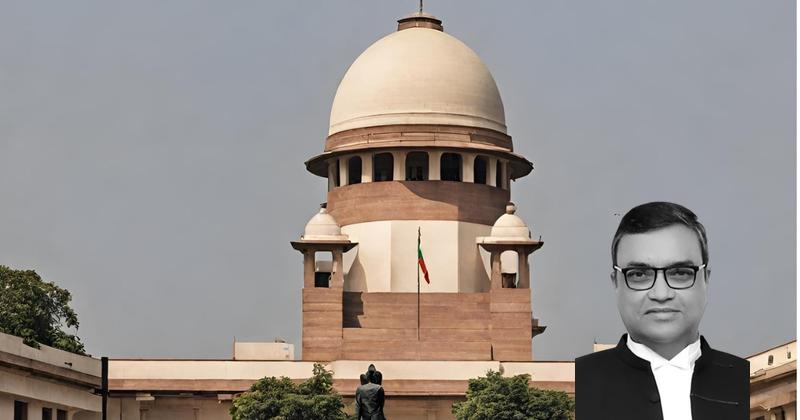Delve into the detailed legal analysis of contravention under the FEMA Act and the consequent penalties imposed by authorities. The case highlights the strict liability imposed on individuals responsible for company actions under the Act. Learn about the Court’s examination of legal responsibilities and the nuances of penalties for non-compliance. #FEMAAct #LegalLiability #Penalties
Facts
- The appellant company and its Managing Director did not take reasonable steps for the delivery of imported goods and submission of bill of entry as required by FEMA and RBI regulations.
- The failure to comply with Section 10(6) of FEMA, RBI regulation dt. 3.5.2000, and circular dt. 24.8.2000 led to the imposition of a penalty of Rs.10 lakhs on the Managing Director, which was confirmed.
- The appeal filed by the Managing Director was dismissed, and the matter was taken to the High Court at Calcutta.
- If the original bill of entry is not submitted within six months from the date of remittance, the authorized dealer has to report the same to RBI.
- The company, under the Managing Director’s responsibility, did not take steps to clear the imported goods from the warehouse or obtain necessary extensions/approvals from RBI/authorized dealer.
- Despite financial constraints, requests for bank guarantees were made, imports were done in 2000, but no action was taken until 2005 to clear the goods or seek approvals.
- The then Chairman and Director of the company, Sh. Anirudh Rai Choudhary, was involved in the events related to foreign exchange remittance, import, and warehousing.
- The change in management occurred in late 2001, but the former Chairman remained as a Director until 2004, indicating continued involvement in the company.
- The appellant company’s non-compliance with FEMA and RBI guidelines regarding foreign exchange utilization and import procedures resulted in the penalty imposition.
Also Read: Land Acquisition Challenges for Integrated Infrastructure Project
Analysis
- The contravention referred to in Section 10(6) of the FEMA Act is a continuing actionable offence.
- The contravention continues until corrective steps are taken.
- The violation of Section 10(6) of the FEMA Act and RBI guidelines depends on the individual case’s facts.
- Section 10(6) of the FEMA Act is attracted when foreign exchange is not used for completing import procedures.
- The contravention remains until compliance is made, indicating that the contentions for absolution of the appellant could be examined.
- The violation is not technical but an economic offence with strict liability under the FEMA Act or the Foreign Exchange Regulation Act, 1973.
- Section 42 of the FEMA Act applies to companies and holds responsible every person in charge of the company at the time of a contravention.
- If a company commits a contravention under the FEMA Act with the consent or neglect of a director, manager, secretary, or other officer, they will also be held guilty.
- Section 10(5) of the FEMA Act requires an authorised person to ensure that any transaction in foreign exchange will not contravene the Act.
- An authorised person must require the person they are transacting on behalf of to provide information to satisfy that the transaction is not designed for any evasion of FEMA Act provisions.
- If a person does not comply with the requirements of the authorised person or uses foreign exchange for unauthorized purposes, they will be deemed to have committed a contravention.
- Persons found guilty of contraventions can be proceeded against and punished, unless they can prove lack of knowledge or show due diligence to prevent the contravention.
- Mens rea is essential for a criminal offense.
- A rigid formula for mens rea cannot be universally applied.
- Penalties for tax delinquency are considered civil obligations, not criminal.
- Legislature’s intention is to address revenue loss and provide a remedy through penalties.
- Coercive element may be present in penalties for civil breaches.
- Hindustan Steel Ltd. vs State of Orissa decision distinguished in Shriram case
- The Tribunal in Shriram case erroneously relied on the Hindustan Steel Ltd. decision
- The Hindustan Steel Ltd. decision pertained to criminal/quasi-criminal proceedings with imprisonment and fine provisions under the Orissa Sales Tax Act
- The Shriram case involved civil liabilities under the SEBI Act and Regulations, not criminal/quasi-criminal proceedings
- The appellant was found liable for the contravention by the company he served as Managing Director.
- Penalty was prescribed for the contravention of specific sections of the FEMA Act.
- The contravention pertained to paragraphs A-10 and A-11 of the Foreign Exchange Manual 2003-04.
Also Read: Legal Interpretation of Mortgage Validity in Auction Dispute
Decision
- Appeal dismissed with no order as to costs.
- First appellate authority and High Court supported the view taken by the adjudicating authority.
Also Read: Interpretation of Provisions in the 1946 Act: Jurisdiction of the CBI
Case Title: SUBORNO BOSE Vs. ENFORCEMENT DIRECTORATE AND ANR (2020 INSC 278)
Case Number: C.A. No.-006267-006267 / 2010



